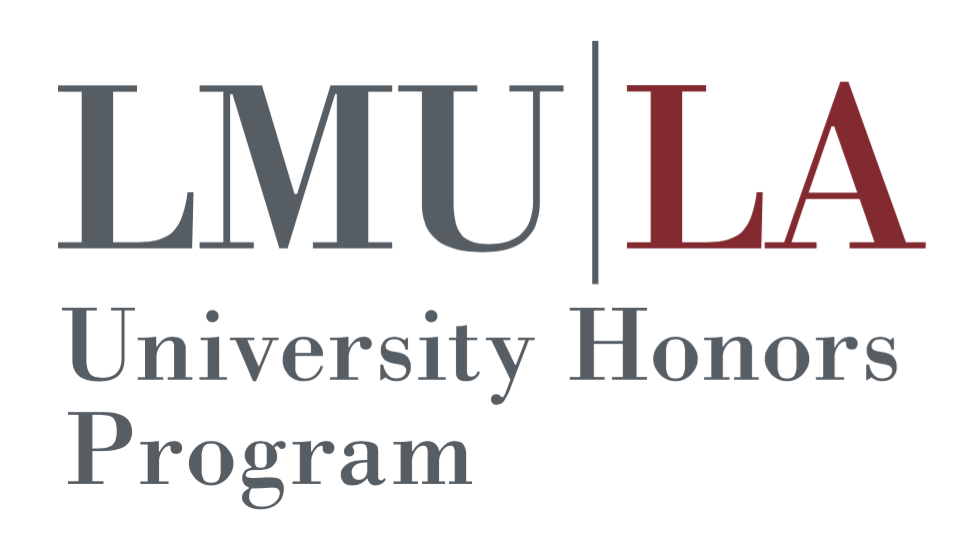Date of Completion
5-10-2022
Degree Type
Honors Thesis
Discipline
Political Science (POLS)
First Advisor
Constance Chen
Second Advisor
Sean Dempsey
Abstract
Haiti and Cuba are two Caribbean islands which prove to be prominent particularly in revolutionary culture and discourse, despite the clear differences in present-day material conditions of the islands themselves. Alongside each of the islands’ need for regional partnerships and aid, their significance in revolutionary culture connected the two islands in a distinct way. This connection is one that was forged mostly in the time period from the 1950s to the1970s, when the Cuban Revolution began and gave way to many connections to the historic Haitian Revolution. Another major factor creating such solidarity during this time period, as well as the overarching policy being fought against in the Cuban Revolution, was US imperialism. This paper studies the various ways through which the US imperialised the Caribbean by looking at the country’s policies towards Haiti and Cuba in the aforementioned time period. The different iterations of militaristic, diplomatic, cultural, and economic imperialism practiced by the US in these two nations demonstrate not only the long-term, comprehensive foreign policy of historical imperialism employed by the US, but also how the context of the Cold War proved to be key in such strategies. It is also resistance to such imperialisms from the US which continues to foster a sense of solidarity between the two islands.
Recommended Citation
Jones, Glory; Chen, Constance; and Dempsey, Sean, "Imperialism in the Caribbean: US Policies Towards Cuba and Haiti from the 1950s to the 1970s" (2022). Honors Thesis. 441.
https://digitalcommons.lmu.edu/honors-thesis/441




